Dostoevskii's 'Crime and punishment' as palimpsest for a novel writing aggressively against itself and its own species, a novel of a young man ruled by accidie who brings to late 19th century Russia the true teaching of nihilismThe novel was inspired by an offhand remark of Luis Buñuel's. He apparently disliked the linear narrative in Dostoevskii's 'Crime and punishment' and thought the book would have been much improved if, 'as Raskolnikov ascends the stairs to murder the old pawnbroker, a boy on his way to buy a loaf of bread rushed past him and suddenly became the focus of the narrative instead of Raskolnikov'. Thence a novel of a young man bumping into Raskolnikov and rushing off and never seeing or hearing anything even remotely connected to the events and world of 'Crime and punishment'1880s Russia, a young man deficient in both active personality and practical efficacy. A world infatuated with cruelty and nihilism, indifference enshrined as religion. Temporality and geographically enforceable space as rigorously drained as most remnants of morality and idealistic aesthetics. Surrealism without the lofty, generous estimations of human possibility
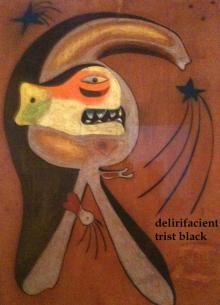
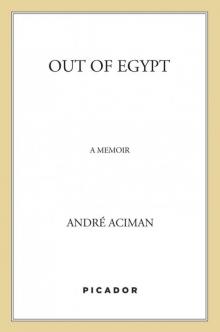 Out of Egypt: A Memoir
Out of Egypt: A Memoir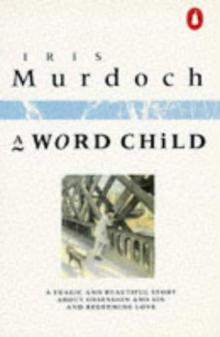 A Word Child
A Word Child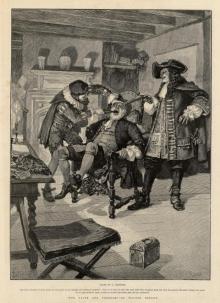 For Faith and Freedom
For Faith and Freedom Lucian Divine
Lucian Divine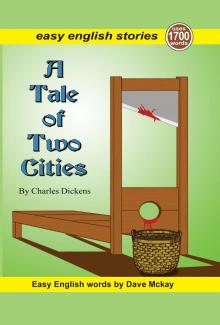 A Tale of Two Cities
A Tale of Two Cities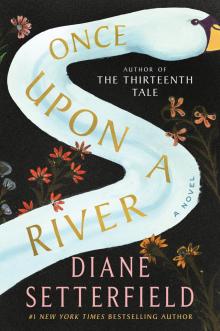 Once Upon a River
Once Upon a River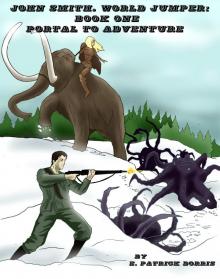 John Smith, World Jumper Book One: Portal to Adventure
John Smith, World Jumper Book One: Portal to Adventure Free Four: Tobias Tells the Divergent Knife-Throwing Scene (Divergent 1.50)
Free Four: Tobias Tells the Divergent Knife-Throwing Scene (Divergent 1.50)